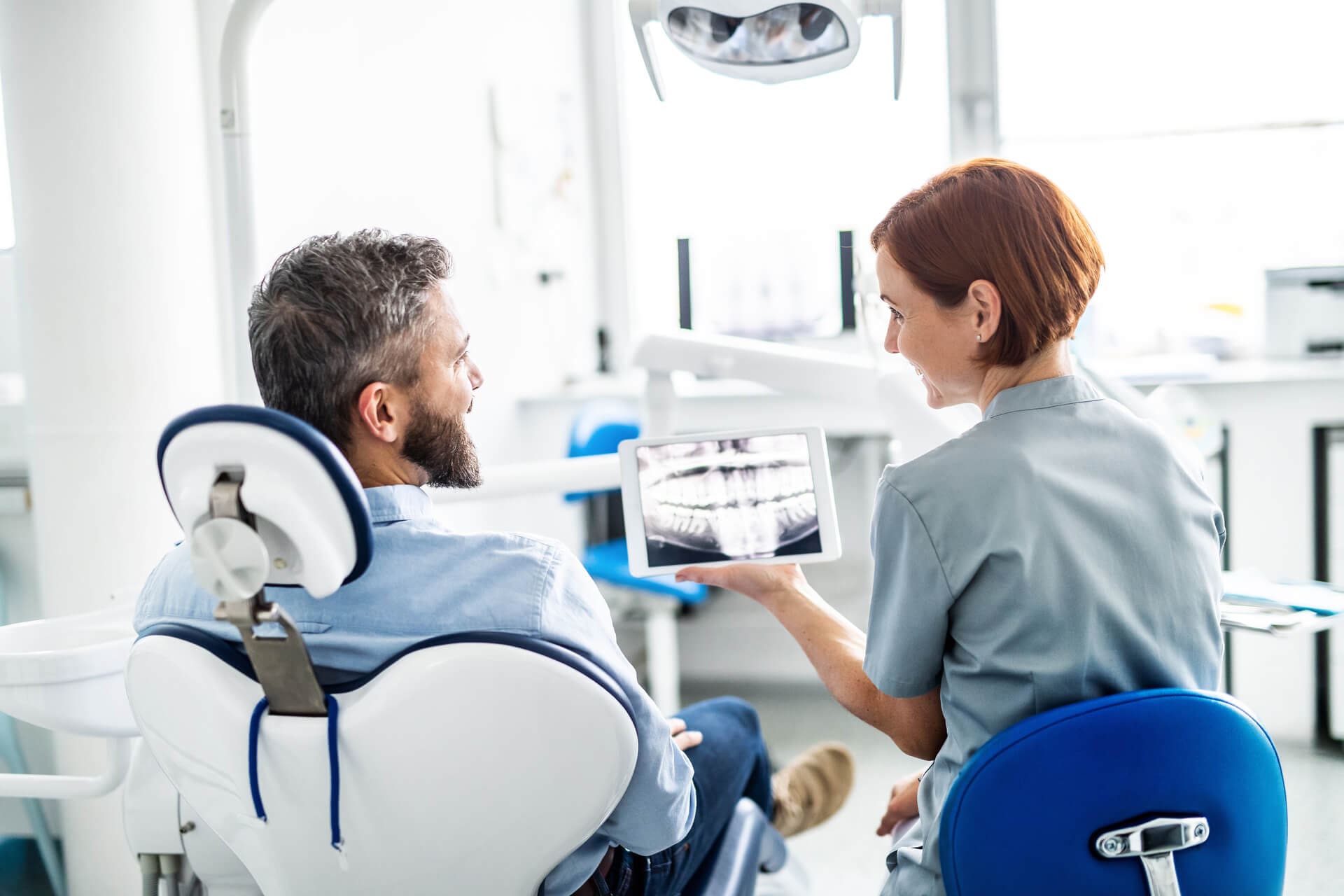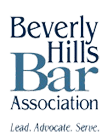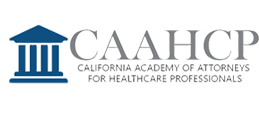Dental License Defense Attorney

Becoming a dentist or a registered dental assistant requires a professional license issued by the California dental board. Because so much work is involved in joining the career field of dentistry, a dental license defense attorney is essential when your professional license is under investigation.
To become a dentist, the first step is to earn a bachelor’s degree and then complete a four-year graduate program to earn a Doctor of Dental Surgery (DDS) degree. You must pass the National Board Written Examination and provide the original scorecard to the Dental Board of California. The next step is to pass either the Western Regional Examining Board (WREB) exam or the American Board of Dental Examiners (ADEX) test. Each exam requires a demonstration of specific dental skills, often using mannequins and answering written questions. A background check, including state and federal fingerprinting, is part of the licensure process.
To work as a registered dental assistant, education and work experience are required. You must complete an educational program approved by the California dental board and have a minimum of 15 months of work experience as a dental assistant. Some programs last 10 months, while others last two years and include an associate’s degree. All applicants must pass the Registered Dental Assistant Combined Written and Law and Ethics Examination and submit to fingerprinting.
Dentists and the Dental Board of California
The DBC, itself a branch of the Department of Consumer Affairs, is responsible for regulating dentists operating in the state. As the state’s dental regulatory board, they are responsible for all of the following:
- Licensing dental professionals
- Monitoring the conduct of dental professionals
- Regulating the conduct of dental professionals
- Disciplining dental professionals
When a criminal or administrative violation is alleged, it is investigated by the DBC’s investigation department, itself a sub-department in their overall enforcement program.
From Allegations Against a Dentist to Investigations
Once an allegation is levied against a dentist or someone working in the dental industry, the DBC will decide whether to investigate. If they opt for an investigation, one of their investigators will contact the professional under investigation and request an interview. The interview is typically conducted at a local field office.
The case involving unlawful activity may be referred to the California Office of the Attorney General. If the attorney general (AG) decides that disciplinary action is warranted, they will formally initiate a license defense case. The Office of Administrative Hearings conducts these cases and may consist of several hearings.
Disciplinary Actions and Applicable Codes
If the DBC decides to proceed with disciplinary action, it could result in various outcomes. Typically, the outcome depends on the severity of the infraction and the dental professional’s past history.
Many accusations revolve around violations of Business and Professions Code § 1670.1, California Code of Regulations title 16 § 1019, and Business and Professions Code § 1680. Here’s a closer look at each of those codes.
Professions Code § 1670.1
California’s Business and Professions Code § 1670.1 states that anyone holding a dental license who is convicted of a crime that is “substantially related to the qualifications, functions, or duties of a dentist or dental assistant” can be subject to the following consequences:
- Formal reprimand
- License suspension
- License revocation
- Probation
Under this section, once the DBC receives a copy of the conviction, they can legally initiate disciplinary hearings. For the dental professional, this means there is a window between their initial conviction and the DBC disciplinary hearings when they can seek legal representation from a qualified dental license defense attorney.
California Code of Regulations Title 16 § 1019
California Code of Regulations Title 16 § 1019 concerns how allegations of wrongdoing can be considered to be related to a dental professional’s duties as a dentist or “dental auxiliary.”
Specifically, the code states that any violation is considered to be related to their professional duties if the perpetrated actions demonstrate an unfitness to perform the functions granted by the license in a manner that promotes “public health, safety, or welfare.”
Business and Professions Code § 1680
California Business and Professions Code § 1680 defines unprofessional conduct. It is a very extensive code that is worth familiarizing yourself with. Notably, one section of this code states that professional misconduct could be defined as “any action or conduct that would have warranted the denial of the license.”
This language is important because it conveys how broadly these statutes can be interpreted. This is another reason why hiring a qualified dental license defense attorney to represent your interests is a good idea.
Frequently Asked Questions
What Does a License Attorney’s Defense Strategy Look Like?
Violations that warrant the formulation of a defense strategy typically consist of any of the following actions:
- DUI
- Negligence
- Diversion
- Unwarranted prescribing
- Manipulation of patient records
- Substance abuse
- Substance dependency
- Criminal convictions
- Arrests and charges
- Unprofessional conduct
- Patient abandonment
- Sexual misconduct
Disciplinary action usually revolves around six primary areas:
- Failure to follow administrative protocols
- Business and promotional violations
- Professional conduct violations
- Quality of care violations
- Sanitation failures
- Dental office and laboratory violations
After submitting the complaint, the board will review it to determine whether they have jurisdiction to pursue an investigation. Because some of the language in the applicable codes is very broad, they can likely pursue an investigation if they feel it is warranted.
When you first meet with your defense attorney, they will evaluate the allegations levied against you and formulate a proactive plan of action to advocate on your behalf. With S J Harris Law, you can count on thoroughness, conviction, and a comprehensive defense strategy.
How a Dental License Defense Attorney Can Help
Since there are so many factors in play, every defense approach should be calibrated to the specific set of circumstances the dental professional is dealing with. Any of the following strategies could be in play, depending on the circumstances.
Prepare a Defense Report
The attorney might hire a defense investigator to subpoena relevant records, conduct interviews, and evaluate any other evidence that will assist in preparing a defense report. Once completed, this report will serve as a blueprint for the defense.
Find Mitigation Evidence
The attorney might submit mitigation evidence to the chief investigator if they feel that discipline is unwarranted or they have evidence that the alleged violation did not occur as reported. This will put the dental professional in a position to refute the claims levied against them.
In the context of substance abuse or emotional distress, the attorney will likely consult friends and family members to provide mitigation evidence of the dental professional’s rehabilitation efforts. These usually come in the form of letters that are subsequently presented to the Office of Administrative Hearings.
In addition to addressing the steps the dental professional has taken toward rehabilitation, these letters should also address their professional skills and community presence.
Showing the accused in a more humanistic light gives the board insight into their general character and temperament, which goes a long way regarding potential disciplinary measures.
Retain Standard of Care Experts
If the allegations involve a violation of the standard of care, which includes professional misconduct and negligence claims, the attorney may retain the standard of care experts to testify on the dental professional’s behalf.
Seek Mental Rehabilitation
If the dental professional is experiencing emotional distress and mental anguish that is causing trouble with their profession, an attorney will advocate for mental rehabilitation in lieu of more severe punishment. This will give the dental professional time to address the issues causing their emotional state, which could be any of the following:
- Grief due to a death or loss
- Domestic violence
- Severe depression
- Situational depression
- Severe stress
When mental health gets in the way of someone’s career, a good dental license defense lawyer understands that compassion is often the best response.
Seek Chemical Dependency Rehabilitation
If the issues at hand have resulted from chemical dependency, the attorney will compile a rehabilitation plan. These types of plans usually consist of the following treatment measures:
- Chemical testing
- Psychological evaluation
- Professional counseling
- Additional recommendations based on an initial psychological evaluation
If the board finds that the dental professional is already enrolled in a substance abuse program or taking other meaningful steps to address their chemical dependency, they will likely take this information into account before making their final decision. Additionally, it may lead them to recommend a diversion program.
What Is a Diversion Program?
A diversion program is for dental professionals whose work is being impacted by their chemical dependency. It provides the professional with access to treatment services and intervention programs without forcing them to surrender their license. However, enrollment requires adherence to specific rules regarding eligibility.
If a diversion program is recommended, it is always wise to consult a dental license defense attorney before agreeing to anything. These programs have strict rules and codes of conduct that, if transgressed, could make the entire situation worse.
Contact S J Harris Law’s License Defense Attorneys in California for Assistance with Your Dental License Case
If you are facing a dental board investigation or disciplinary action, consider hiring a compassionate dental license defense attorney to advise and represent you. S J Harris Law’s professional license defense lawyers have years of experience advocating for professionals like yourself from various accusations.
Beyond experience, at S J Harris Law, our license defense attorneys are genuinely passionate about our work and honestly believe in helping people in your situation get their careers back on track.
S J Harris Law can help guide you through the investigation, represent you during administrative hearings and appeals, and help you pursue the reinstatement of your dental license in the event of a suspension. Contact us today for a consultation.








